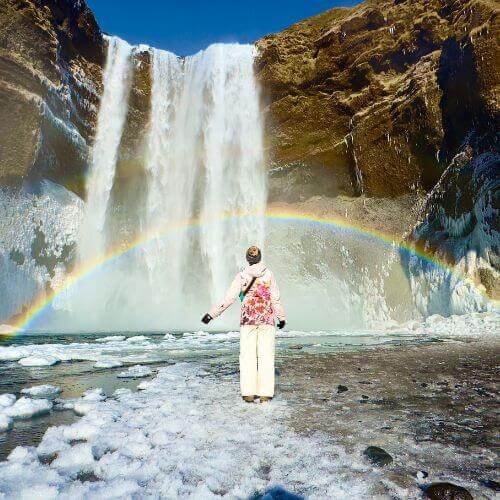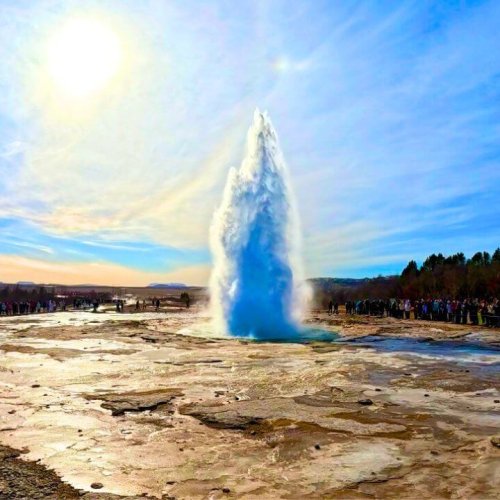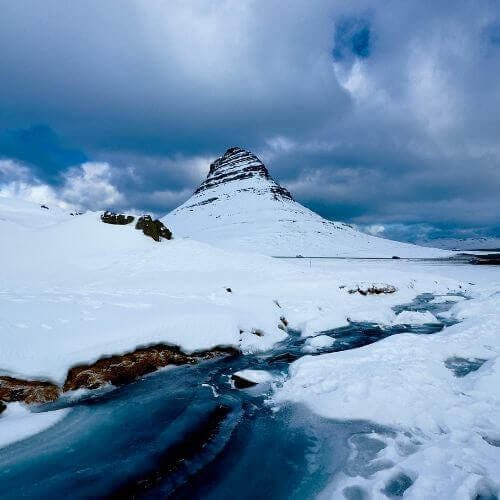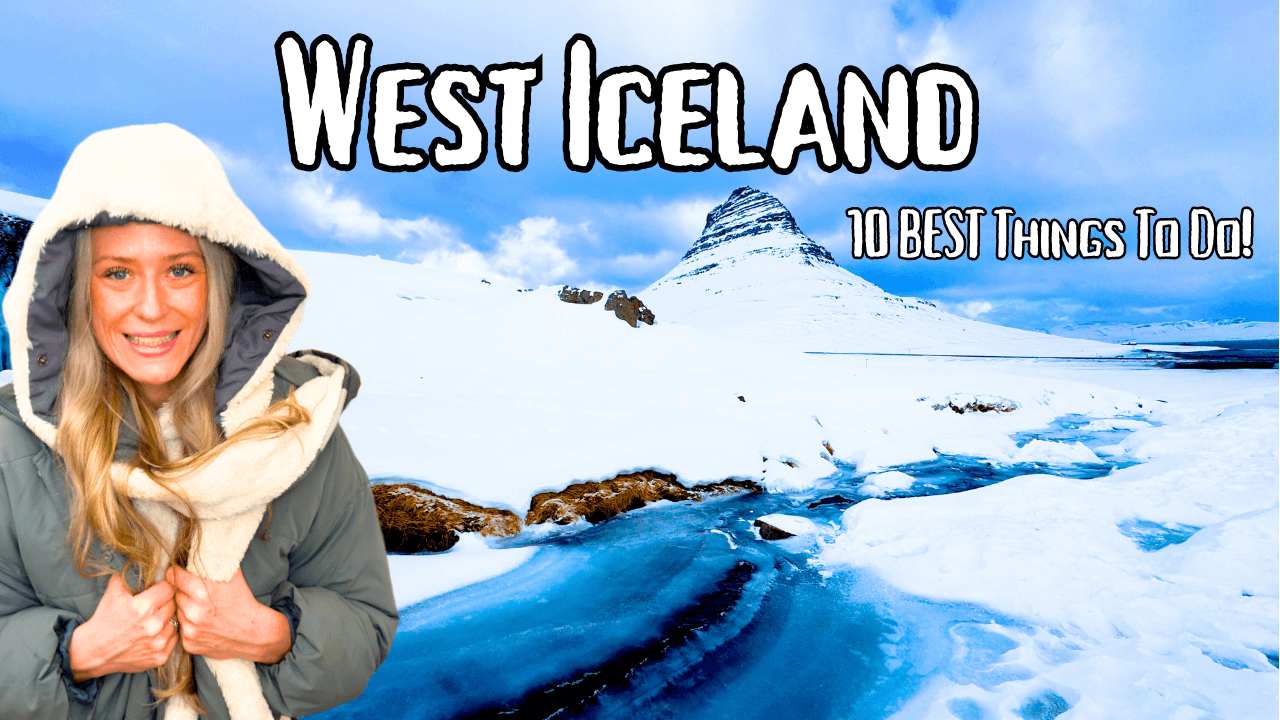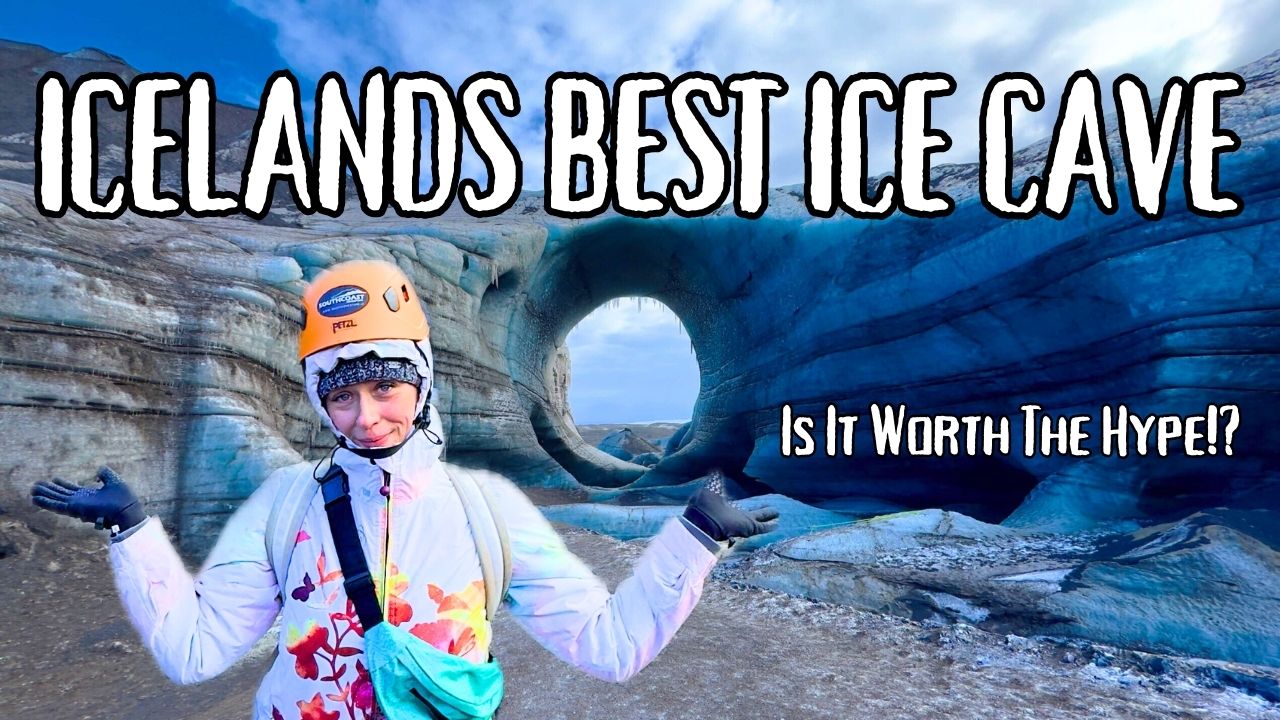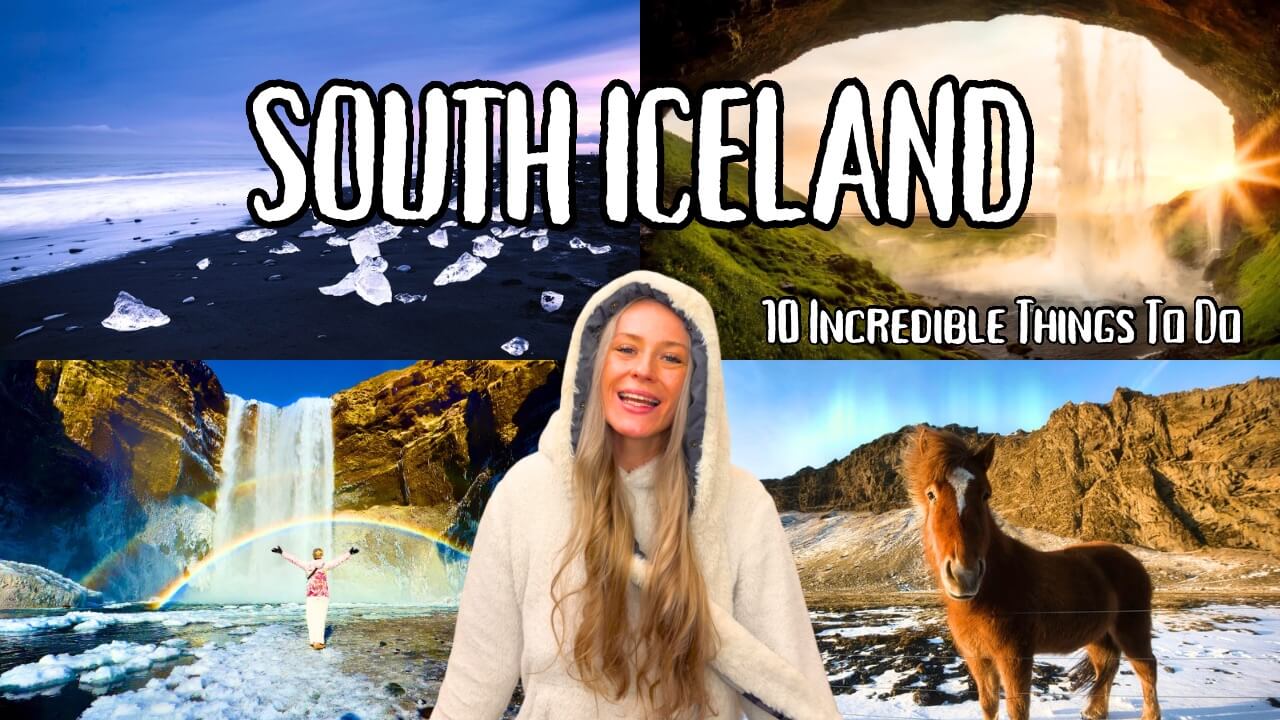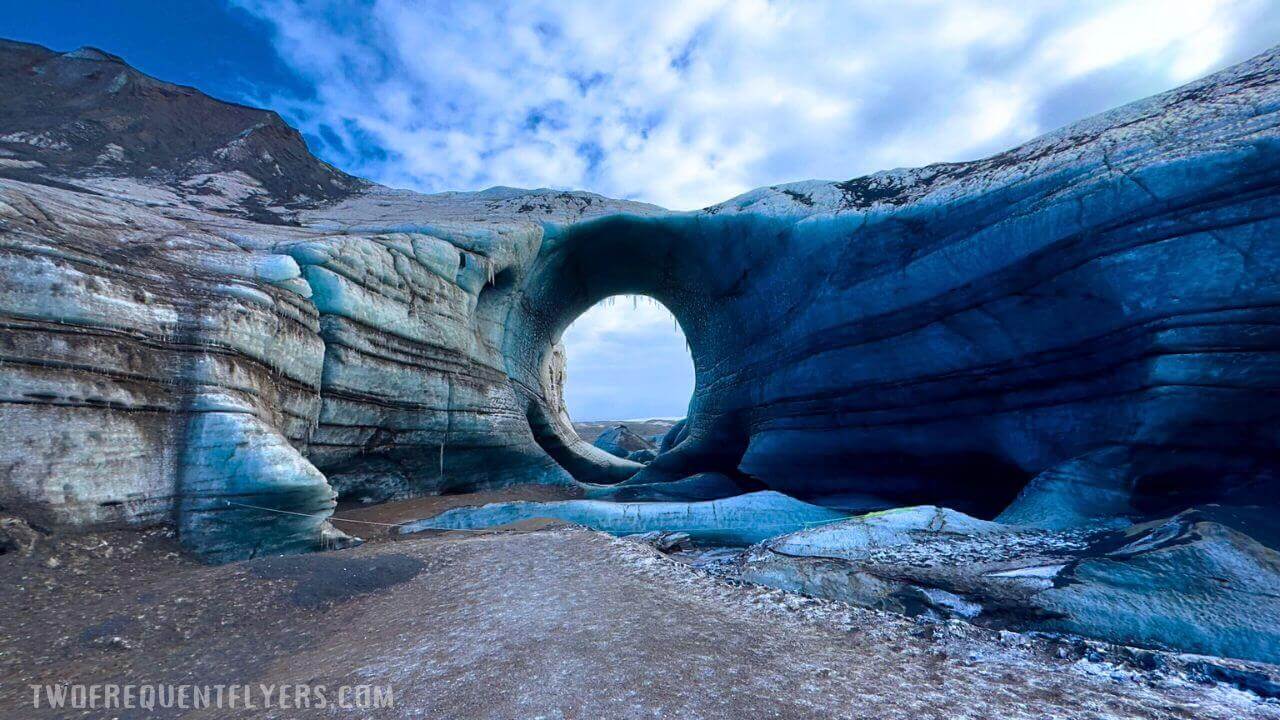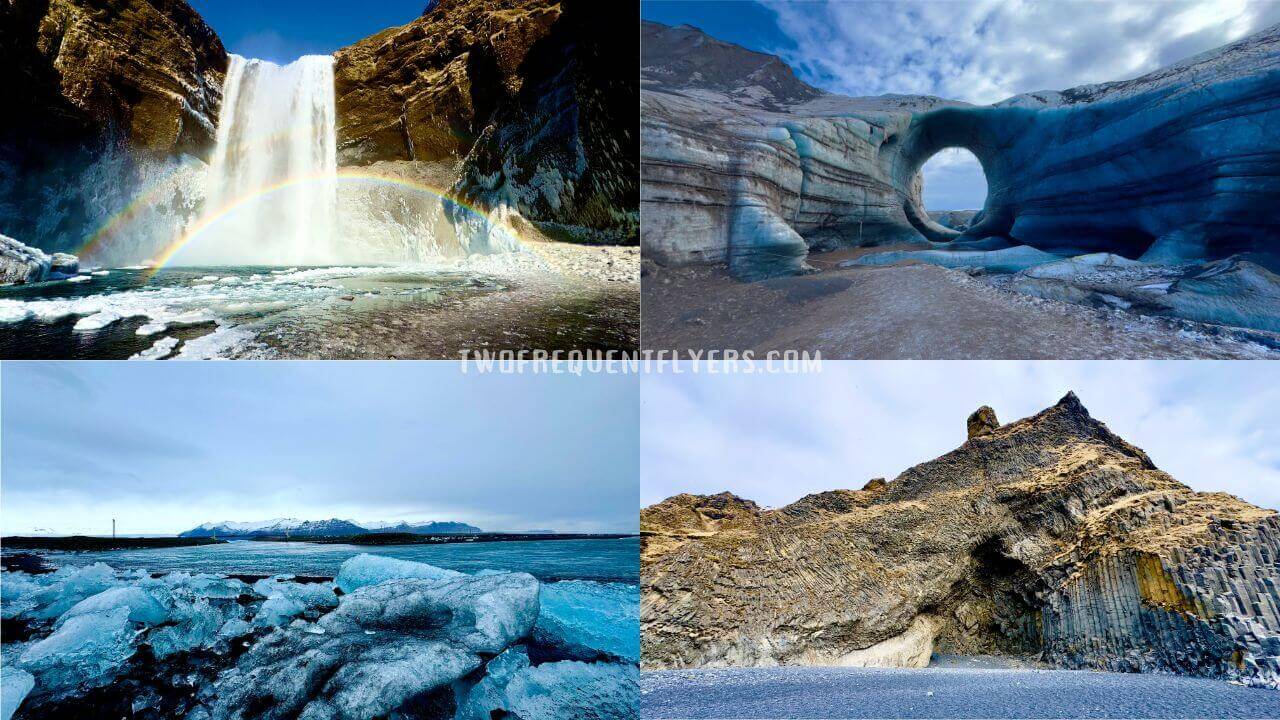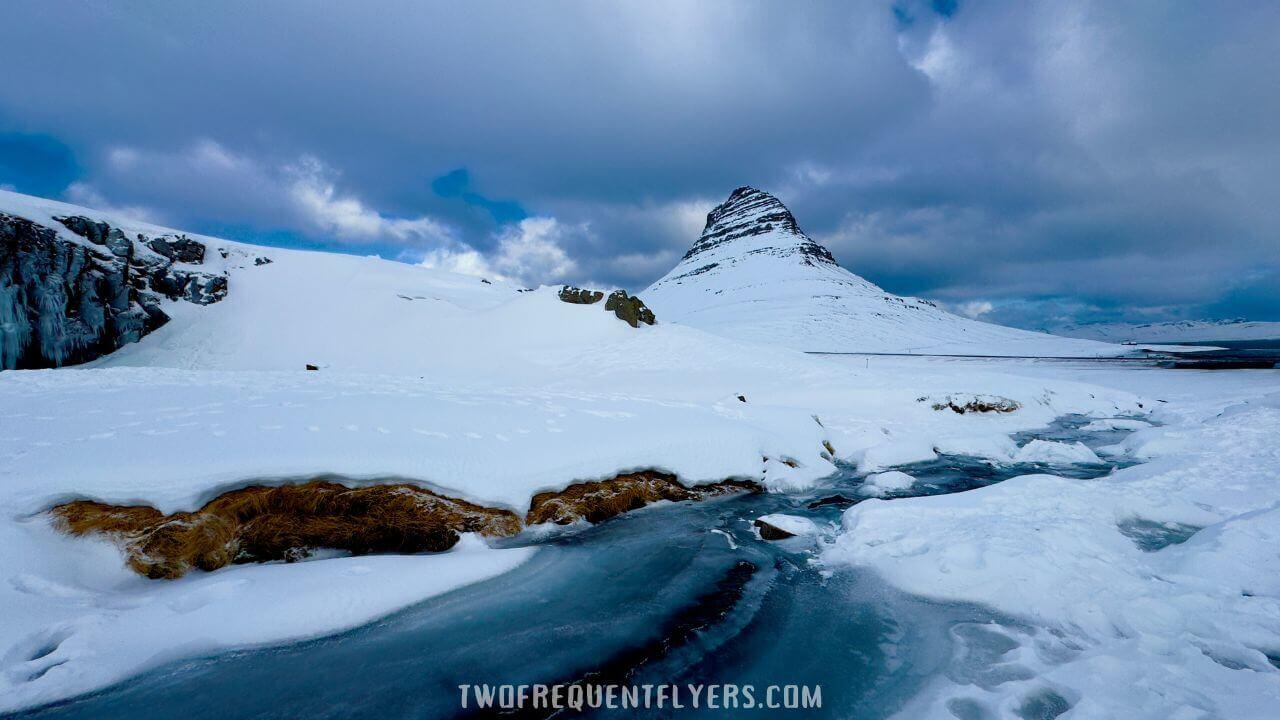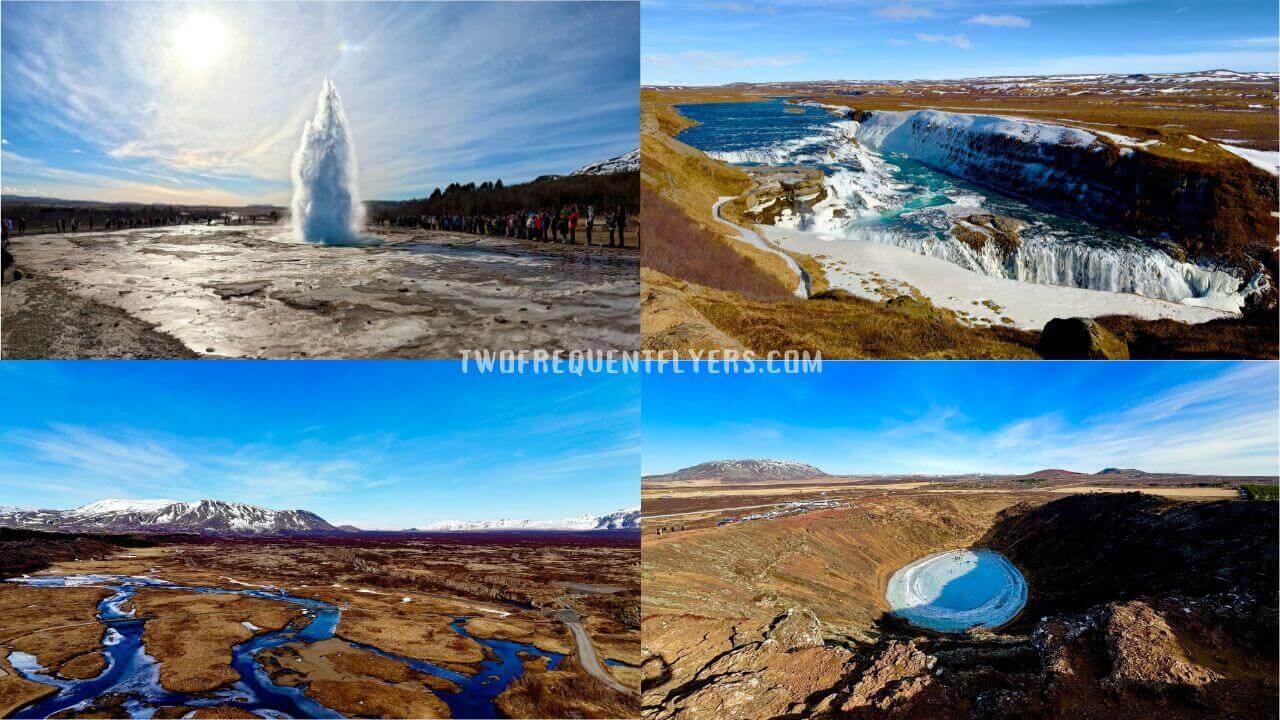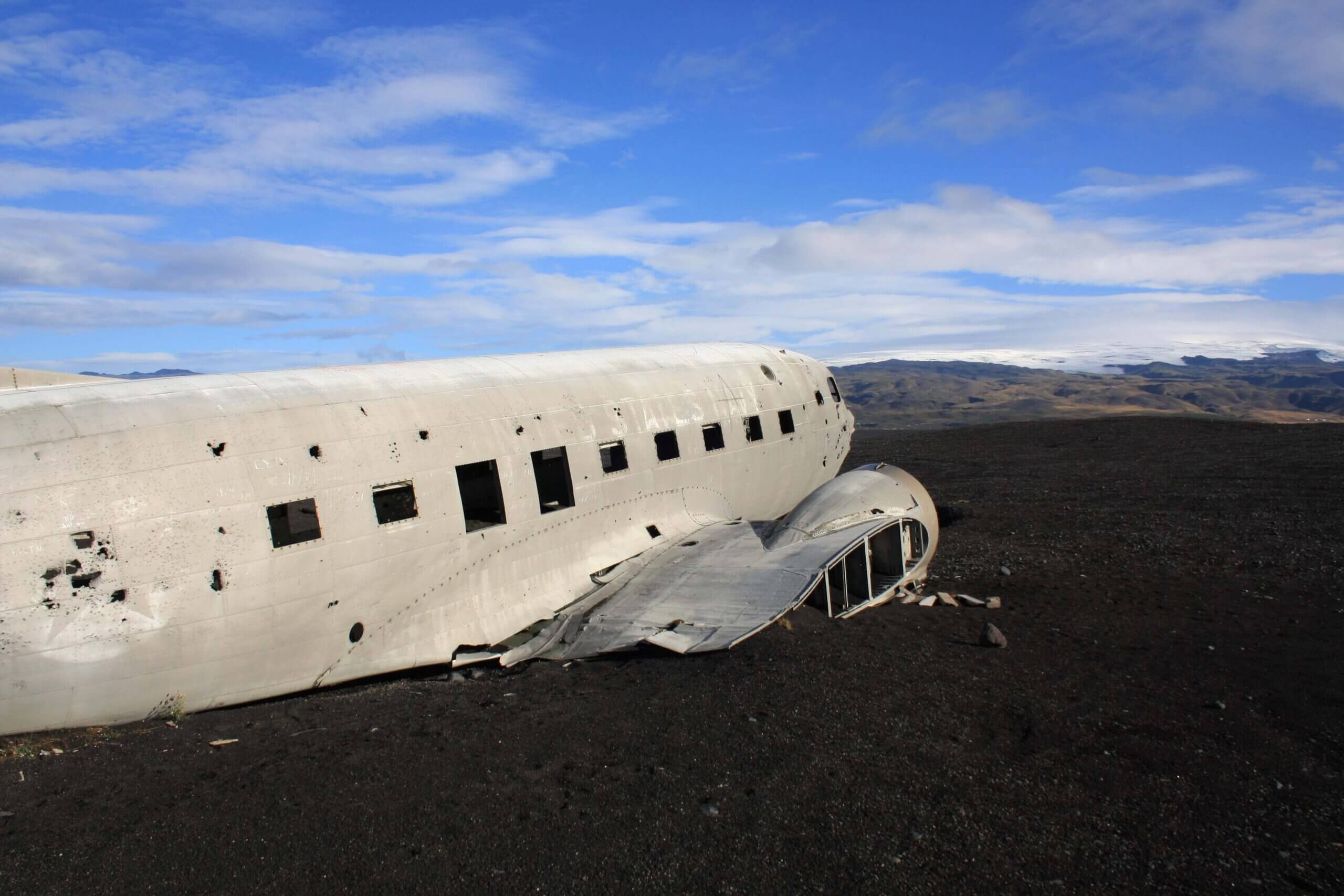
Iceland… The land of ice and fire! And trust us, it lives up to its name! With 130 volcanoes, over 30 of which are active, Iceland is a destination like no other in the world!
Destinations
Iceland
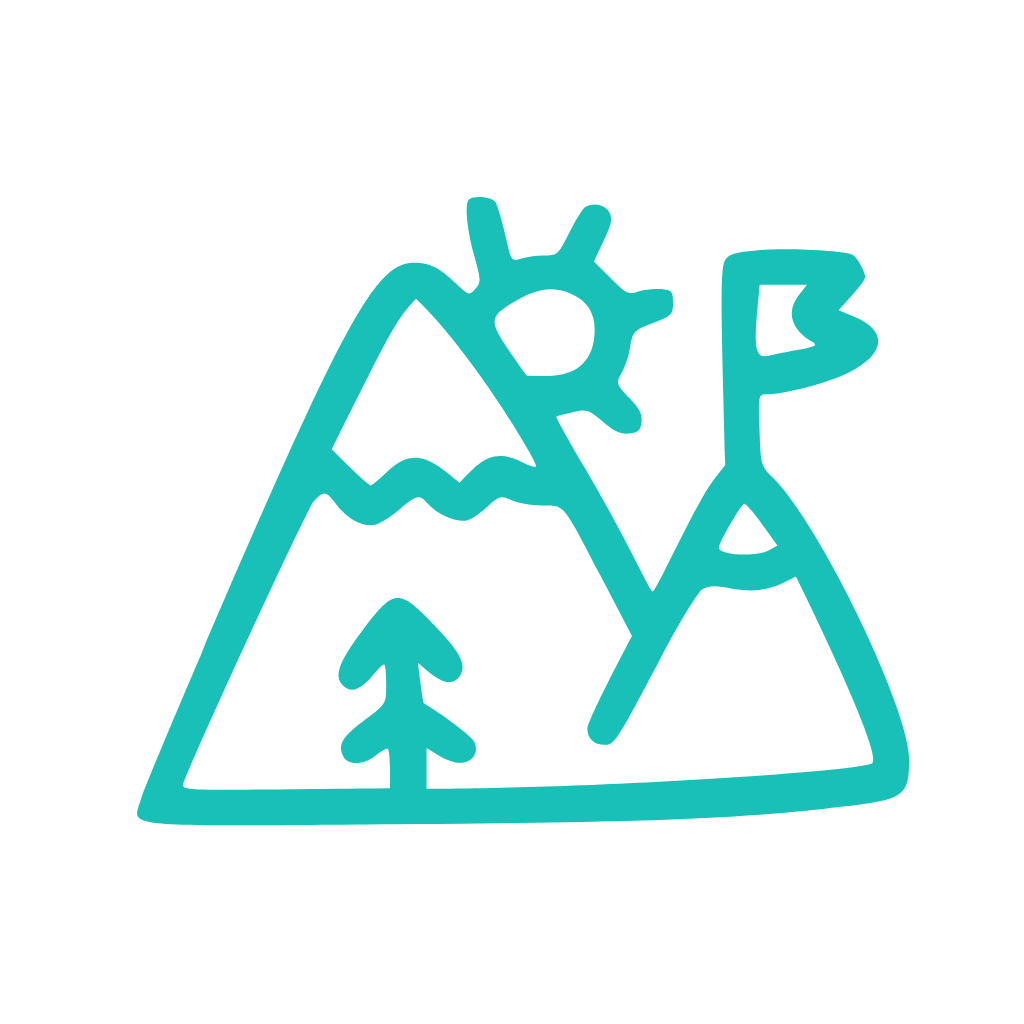
Weather
Although there are 4-seasons in Iceland, it doesn't always feel that way!
Below is what you may expect:
Summer: Typically June, July and August.
Winter: October to April
Shoulder Seasons: May and September.
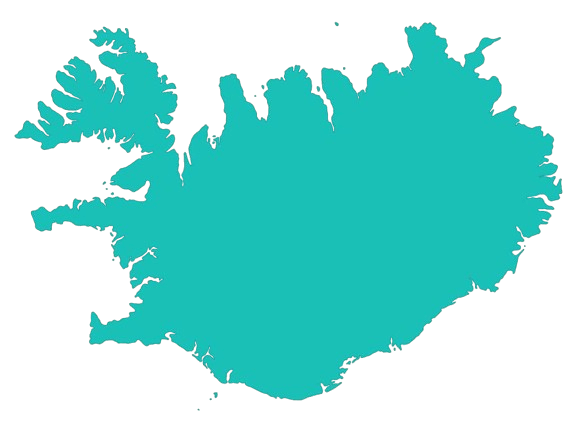

Fun Fact
Icelandic is one of the oldest languages still spoken in the world today and is derived from Old Norse.
"Hallo" (Hello)
"Pakka Per fyrir" Or "Takk" (Thank you)
"Vinsamlegast" (Please)
Iceland is home to an estimated 10,000 waterfalls, ranging from thunderous cascades to delicate ribbons of water. Glaciers, covering approximately 11% of Iceland’s land area, carve out stunning fjords and provide endless opportunities for exploration. From otherworldly landscapes to the mesmerizing Northern Lights, Iceland offers a wealth of adventures.
All Iceland Travel Guides
Iceland FAQ's
Iceland is famous for its stunning natural landscapes, including glaciers, volcanoes, geysers, and hot springs. Who could forget the Northern Lights, seen during the winter months. Additionally, the vibrant culture of Reykjavik, with its lively arts scene and rich Viking history, further adds to Iceland’s allure.
The best time to visit Iceland depends on your interests. For summer activities like hiking and exploring the midnight sun, June to August is ideal. For winter sports and viewing the Northern Lights, visit between September and March.
If you are a citizen of the Schengen area you do not need a visa to enter Iceland. Other travellers may require a Schengen visa, which allows entry into Iceland and other Schengen countries for short stays.
The currency used in Iceland is the Icelandic króna (ISK). Credit and debit cards are widely accepted, but it’s good to have some cash for smaller purchases.
Yes, Iceland is considered one of the safest countries in the world for travellers. However, it’s important to exercise caution in natural areas and follow safety guidelines, especially when hiking or visiting geothermal sites. We have heard several stories of unfortunate individuals burning their feet in geothermal hot springs after straying off the path. So, if there is one important note, stick to the path!
Renting a car is one of the best ways to explore Iceland at your own pace. Alternatively, you can use public buses or join guided tours for popular attractions.
Yes, the Northern Lights can often be seen in Iceland from late September to early April. The best chances are on clear nights away from city lights. You can read our full guide on how to see the Northern Lights in Iceland here.
In Iceland, the standard plug sockets used are Type C and Type F. These sockets accommodate two round pins and are the standard sockets throughout most of Europe. If you’re travelling from a country that uses different plug types, we recommend a worldwide travel adaptor.
